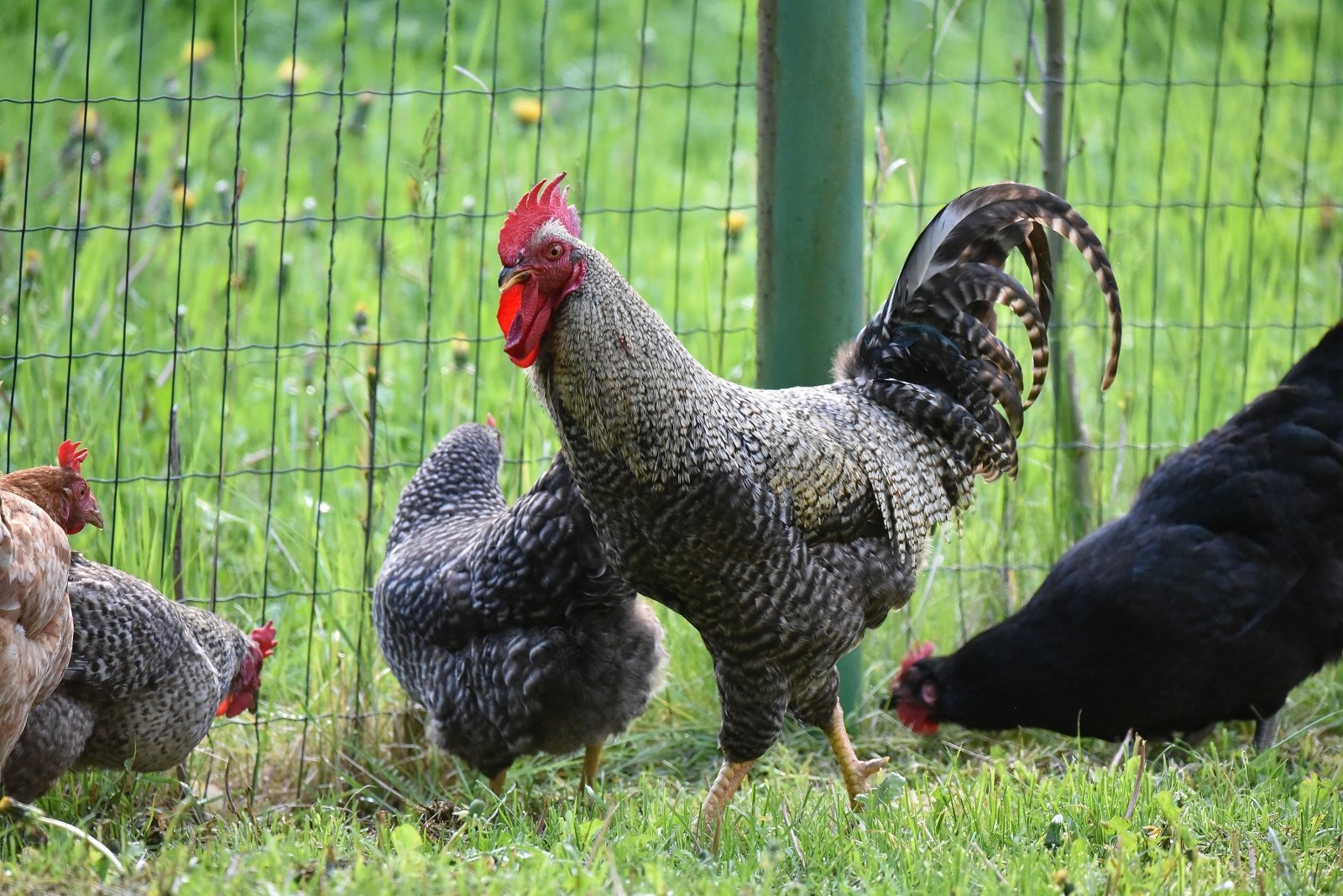
[ad_1]
Poultry can only be released in fenced areas on all sides that do not come in contact with natural or man-made bodies of water. Also, they cannot be watered with surface water. Poultry waterers and forage should be kept indoors or in poultry houses to make them inaccessible to wild birds, which are the main vectors of the avian influenza virus.
The SFVS notes that until the end of the threat of avian influenza virus spread, SFVS inspectors will monitor and inspect farms to verify that they meet biosecurity requirements. The objective will be to help poultry farmers and breeders to adequately ensure compliance with requirements and to protect themselves against the avian influenza virus.
Last week, a case of highly pathogenic avian influenza, namely the H5N8 subtype, was confirmed at a small poultry farm in Kaunas.
Although the strain of bird flu that has reached Lithuania is not dangerous to humans, massive infestation of birds is mandatory after the infection enters commercial farms and significant economic losses are incurred as a result. According to the European Commission, after confirming the case, even in a small farm, 3 km of protection and 10 km of surveillance zones are established around the outbreak, where various restrictions are applied to the movement of animals and products. Therefore, each bird breeder is directly responsible for the health of their birds and for their proper maintenance.
No part of this publication may be reproduced without the written permission of ELTA.
[ad_2]